Dizziness and vertigo are symptoms that are caused by an underlying condition. Often, the condition has something to do with the ears or nose. In these cases, treating dizziness or vertigo requires treatment for the underlying cause.
Dizziness and vertigo can be mild or severe. Most people experience mild dizziness from time to time that passes within seconds. When the issue is chronic, it is best to seek medical attention. Even mild dizziness and vertigo that is chronic can interfere with quality of life and usually triggers tertiary symptoms, such as nausea or loss of appetite.
It is also possible dizziness and vertigo are related to a more serious condition, so you will want to rule out diseases or conditions that need immediate, aggressive treatment. It is also important to avoid certain activities during bouts of vertigo or dizziness, such as driving or operating equipment.
Once your doctor determines the underlying cause of dizziness and vertigo, he or she will create a treatment plan and provide tips for managing the symptoms until they are resolved.




